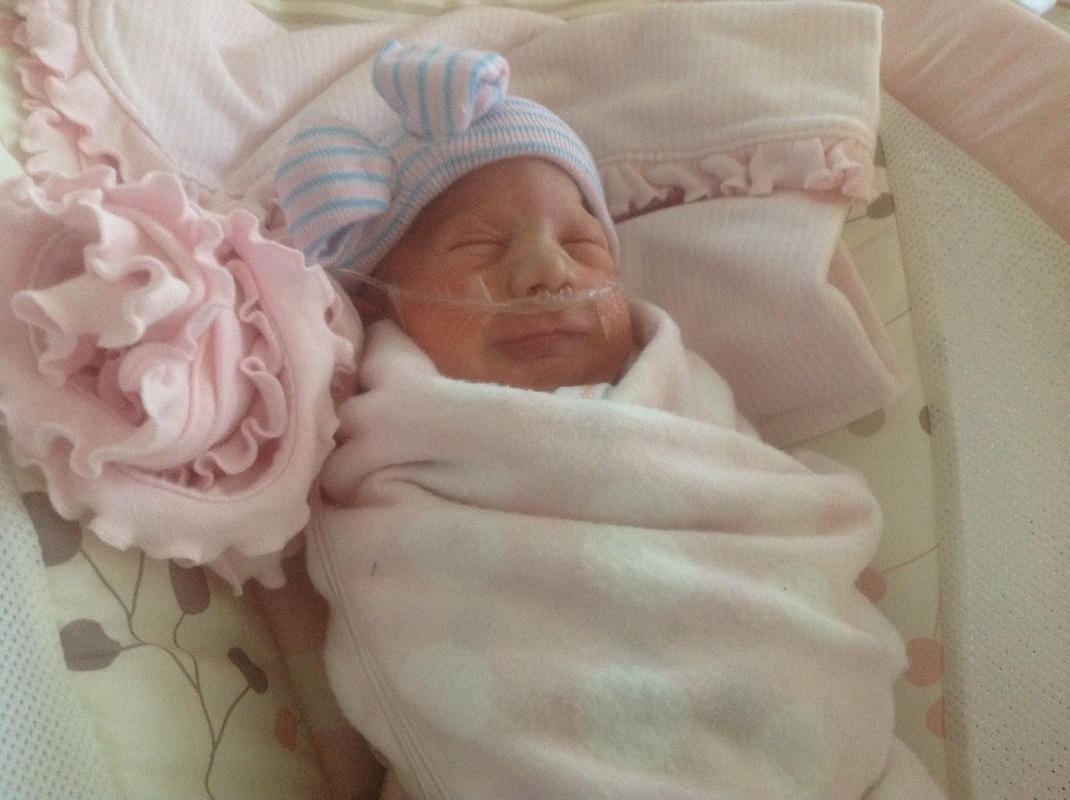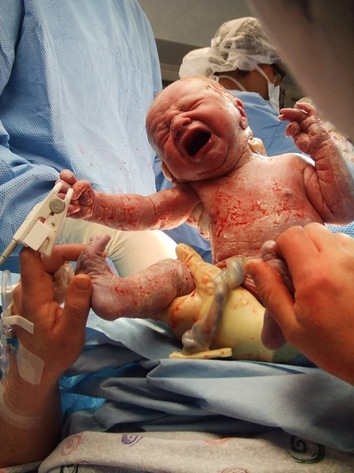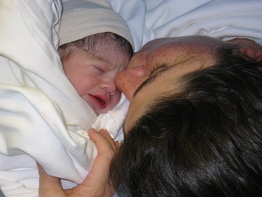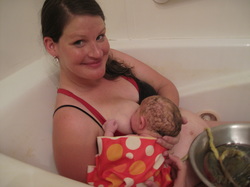Being a doula in Jacksonville has shown me more beauty and generosity and diversity than I knew existed here in Jacksonville. Florida tends to be mostly conservative in our neck of the woods, however we have three birthing centers and a handful of homebirth midwives. We have over five hospitals, most of which have wonderful reputations and a network of very supportive care providers. The doula community is close knit and supportive. They have offered me a wealth of knowledge. I have learned that a perk of being here is spending a few moments watching the sunset at the beach after delivering a Placenta Encapsulation Package. I can hold the space for a laboring mother who is in her own world while sitting under a huge oak tree in a park on the river. And I can be reminded of why I love my city every time I serve a family while they welcome a new child into the world.
I have spent the last two years building relationships with these providers and serving clients all over this city. Business is steady and I feel incredibly blessed. My husband found a job that is based here, so we never have to worry about being transferred. I can settle in to this beautiful life we have been slowly building for ourselves.







 RSS Feed
RSS Feed
